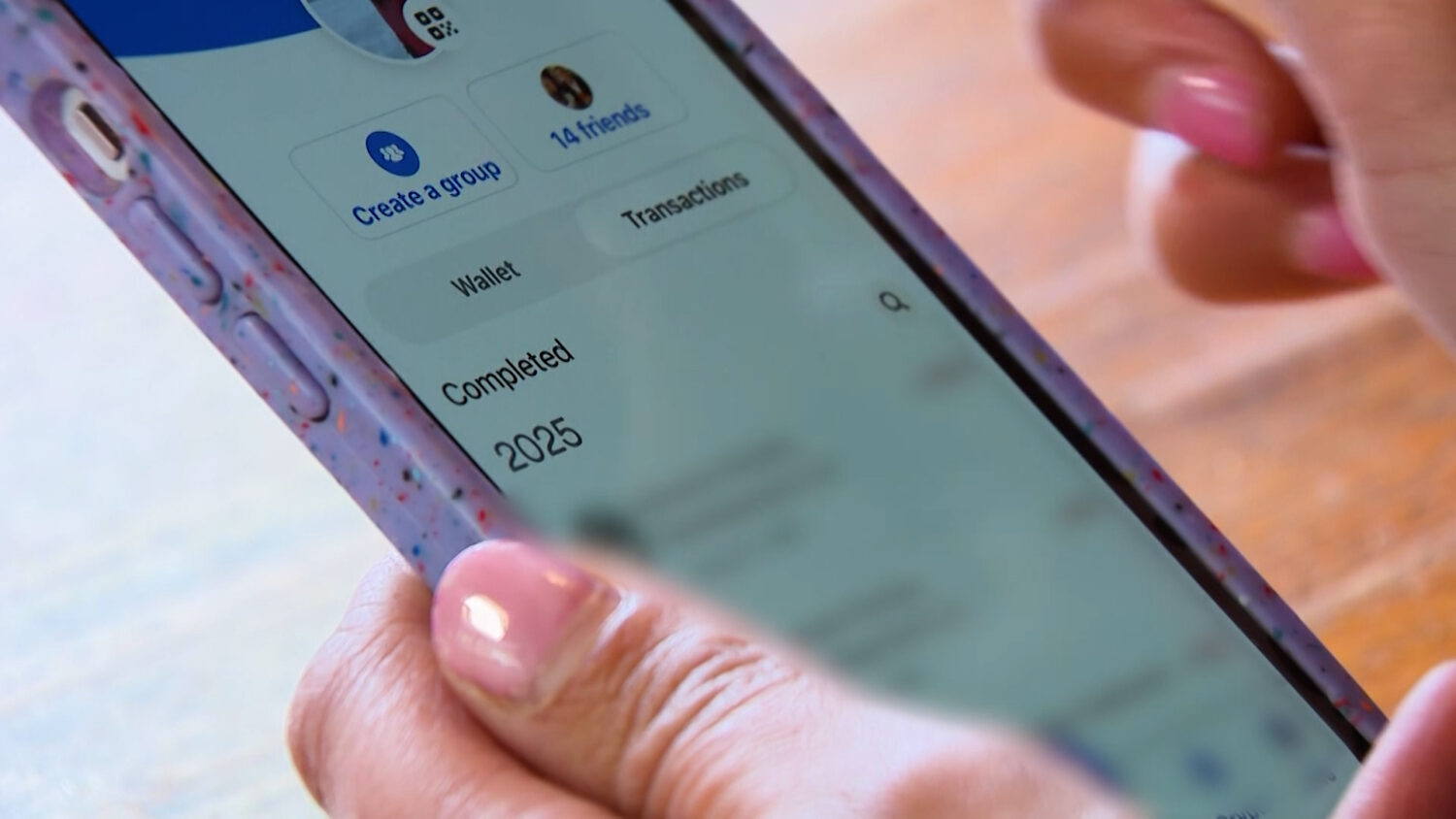SALT LAKE CITY — In place of handing cash back and forth, people are using payment apps such as Venmo, Cash App, and PayPal, among other money transfer apps. In fact, it’s expected that 20% of financial transactions worldwide will be done through these apps.
But when you get money through such an app, the taxman is watching. So, how do you make sure the IRS won’t come after you for taxes on a personal transaction between friends as opposed to a business transaction, such as money earned from a side hustle?
Liesl Einerson is a very busy mom of three very busy kids. Sports, camps, school and other activities need funding. Money frequently flows in and out of her Venmo account for things like fees, equipment, costumes, lessons, fundraisers, tickets, uniforms, carpool gas money, and of course – food!
“I’ll buy pizza for 30 kids and then a bunch of parents will pay me back through Venmo,” Einerson said.
Lowered thresholds
Until recently, you’d only get a 1099-K from the payment apps if your account received more than $20,000 during the year. But Congress has been lowering that reporting threshold.
They reduced the amount to $5,000 for the 2024 tax year and then lowered it to $5,000 for the 2025 tax year. And for 2026, the reporting threshold is expected to drop to $600.
You’ll be notified if you go over the reporting threshold. So will the IRS.
“How quickly do you think you would reach that $600 limit?” I asked Einerson.
“Oh, I could in a month,” she answered.
“I think there is reason to be concerned,” said Susan Speirs, CEO of the Utah Association of CPAs.
She points out that many professionals also use payment apps for work. From babysitters and hair stylists to personal trainers and music teachers.
And the IRS wants its cut.
“We’ve always been required to report our business income for well over 100 years,” said Speirs. “That’s nothing new.”
Susan Speirs of the Utah Association of CPA says she’s concerned about the possibility of personal transactions getting taxed as business transactions. (Tanner Siegworth, KSL TV)
But people like Liesl Einerson, who does not run a business, should not have to pay taxes when a buddy reimburses her for something.
Still, with the lowering thresholds, advocates worry personal transactions will be flagged as taxable.
“What we get concerned about is you may get a 1099K, and not all of those transactions are business related,” Speirs said.
With cuts totaling 26% of the IRS’s workforce, if you’re falsely flagged, it may be harder to get it straightened out, even for the pros.
“Clients, they want their answers,” said Speirs. “When we can’t provide answers because of lack of human capital at the IRS, it’s frustrating.”
But she says there’s more to it than just avoiding frustration. If the IRS thinks you have underreported income, it can mean audits, penalties, and interest.
How to avoid tax penalties
The key to avoiding such situations is labeling. Payments marked as “goods and services” will get reported. Personal transactions between friends and family typically won’t.
Mark them wrong, and you can expect to have to jump through some hoops to get the IRS off your back. And throughout the year, keep track of who sent you money, when, and why.
If the IRS ever asks, you want to be able to show a transaction as a reimbursement, not revenue.
As for Einerson, she said she doesn’t plan to stop using peer-to-peer payment apps. But she sure hopes that doesn’t land her in hot water – having to explain herself to the Feds. Where would she find the time?

Lisa Einerson says she regularly uses payment apps and easily surpass next year’s planned $600 threshold for tax reporting. (Matt Gephardt, KSL TV)
“Don’t love it. More forms. More things to do,” she said.
If you do run a side hustle, these changes mean more of your income will be reported directly to the IRS. So, tracking deductible expenses is more important than ever.


